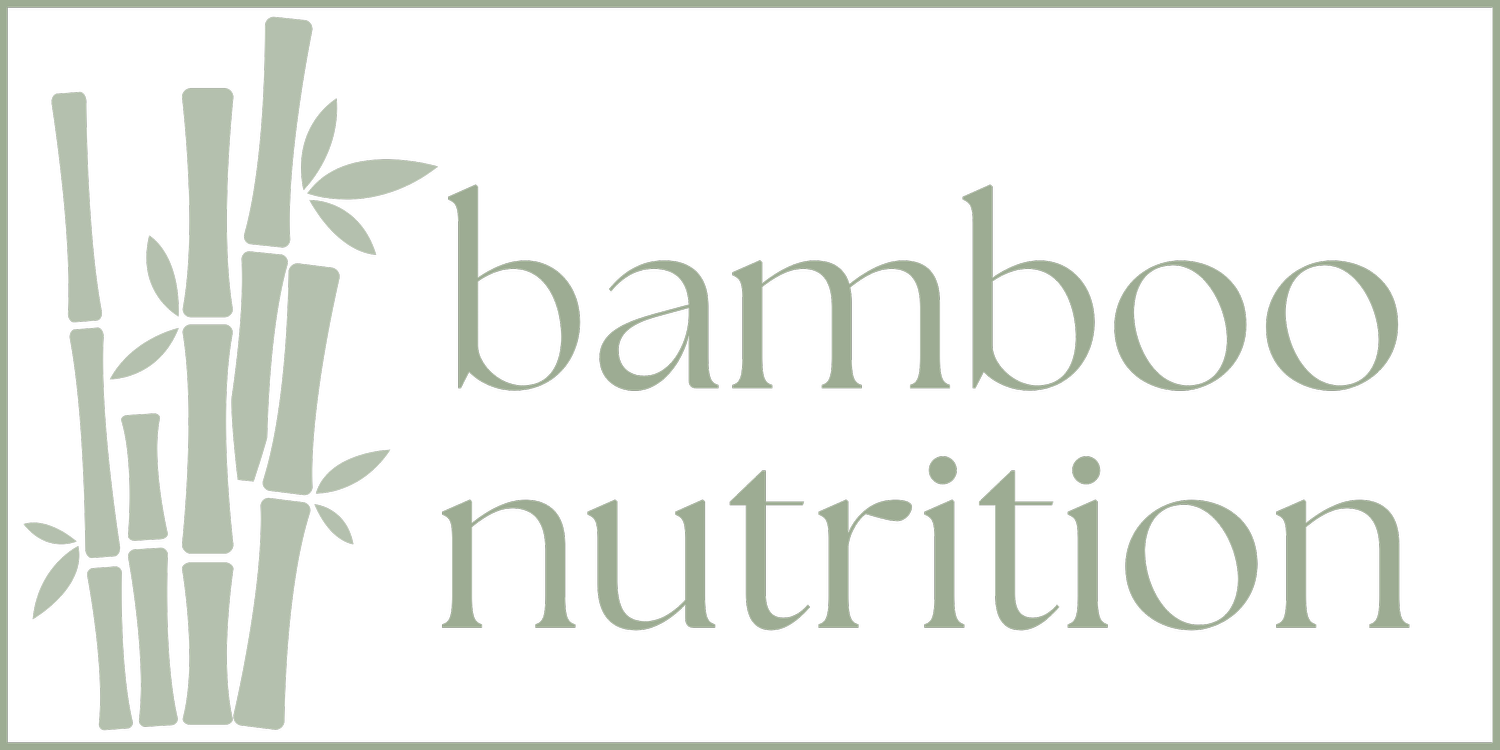To see the following in video format, please watch on our Snack With A Dietitian Reel on our Instagram Page!
First, I promise the “Rebel Ally” is not from Star Wars (that I know of). It’s actually from the book “Intuitive Eating” by Elyse Resch and Evelyn Tribole. Intuitive Eating is a way of eating that allows for flexibility in eating and encourages people to not only eat when they’re hungry and stop when they’re full; it also encourages people to eat in a way that makes sense. So, for example, if you’re going to a play in an hour and you won’t be able to eat for another 3 hours after that, and you’re not super hungry right now, you may decide to eat a meal anyway because you don’t want your stomach complaining loudly that it’s empty during the performance.
So, the fourth principle of Intuitive Eating is to Challenge the Food Police. This principle involves examining your inner dialogue about food, eating, and body. Many people who have been on a diet will recognize their inner food police voice. You know, that’s the voice saying, “Don’t eat that!” or “You should be eating more [xyz foods].” It may be harder to recognize the diet rebel voice. I think of this voice as the inner rebel that reacts very strongly, and often overreacts, to being told to eat a certain way. It seems like the harder the diet rebel is pushed to only eat the “right” foods, the more they want to eat only the “wrong” foods. Often, this turns into acting out by eating. This makes me think of a client who told me that she was angry with someone and thought, “I’ll show them [by eating this abc food]” before eating a large amount of a food she considered “bad” or “wrong.”
Does this sound familiar? If so, that’s okay! This is actually a normal and healthy thing; you’re seeking autonomy, which is a common thing for humans. The part I would advise changing is the overreaction by eating. Instead of reactionary eating, could you use your words to set some boundaries when someone (including an internal voice) makes an unsolicited and unhelpful comment?
Here’s an example. When someone encourages you to eat something you don’t want to, you could ask the Diet Rebel for help saying, “Thank you for the offer. I don’t want to eat that.” If they persist, you can offer to take some home for later, or simply continue to say, “No thank you.” If you want to continue setting a boundary, you can say, “I’m working on changing my eating, and part of that is respecting that sometimes I don’t want to eat. Please stop encouraging me to eat. I’ll eat what I want, when I’m ready.”
Another example is when someone says, “You’re going to eat THAT?”, try bringing the Diet Rebel out to say, “Yes. And I’m going to enjoy eating it. Also, I’d appreciate it if you stopped making comments about what/how much I’m eating.”
How does that sound? Are those things you could say, internally or to a loved one? If not, and you’d like to be able to, do some role play in the mirror or with a safe person so it’ll feel more natural when the time comes. You can also try writing down your personalized versions of these comebacks or saying them (out loud or in your mind) to yourself. There are lots of ways to become more comfortable with voicing and protecting your boundaries. A therapist is a great person to talk with for more information about boundaries.
Written by: Lynn Eaton, RD, LD, CDCES
Bamboo Nutrition is a group practice dedicated to helping improve lives of others through nutrition and first and foremost, heal your relationship with food. If you’re looking for an anti-diet dietitian, and someone to walk this journey with you, reach out to us today!
Find the video to this blog on our instagram page!

